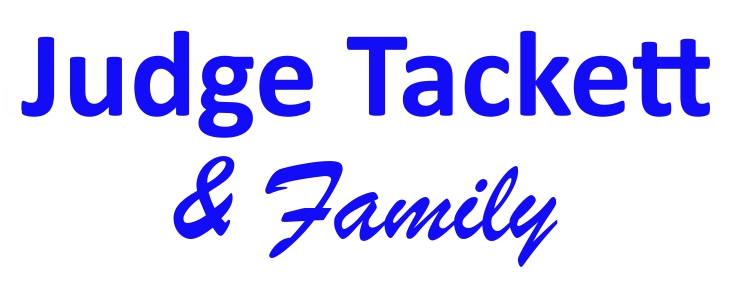In September 2014 we had Carlton Craig, PhD, LCSW, DCSW from the University of Kentucky’s College of Social Work present to us on Cognitive Behavioral Therapy. (See post on Principles of CBT here).
He presented these frequently seen “cognitive distortions”, or ways people think automatically. CBT encourages the identification and acknowledgement of these thought patterns.
Common Cognitive Distortions
- Disqualifying or discounting the positive. You unreasonably tell yourself that positive experiences, deeds or qualities do not count. e.g. “I did that project well, but that doesn’t mean I’m competent; I just got lucky.”
- Emotional reasoning. You think something must be true because you “feel” (actually believe) it so strongly, ignoring or discounting evidence to the contrary. e.g. “I know I do a lot of things okay at work, but I still feel like I’m a failure.”
- Labeling. You put a fixed, global label on yourself or others without considering that the evidence might more reasonably lead to a less disastrous conclusion. e.g. “I’m a loser.” “He’s no good.”
- Magnification/Minimization When you evaluate yourself, another person, or a situation, you unreasonably magnify the negative and/or minimize the positive. e.g. “Getting a mediocre evaluation proves how inadequate I am.” “Getting high marks doesn’t mean I’m smart.”
- Mental Filter You pay undue attention to one negative detail instead of seeing the whole picture. e.g. “Because I got one low rating on my evaluation [which also contained several high ratings], it means I am doing a lousy job.”
- Mind Reading You believe you know what others are thinking, failing to consider other, more likely possibilities. e.g. ” He thinks that I don’t know the first thing about this project.”
- Overgeneralization You make a sweeping negative conclusion that goes far beyond the current situation. e.g. “Because I felt uncomfortable at the meeting I don’t have what it takes to make friends.”
- Personalization You believe others are behaving negatively because of you, without considering more plausible explanations for their behavior. e.g. “The repairman was curt to me because I did something wrong.”
- Should and Must Statements You have a precise, fixed idea of how you or others should behave, and you overestimate how bad it is that these expectations are not met. e.g. “It’s terrible that I made a mistake; I should always do my best.”
- Tunnel Vision You only see the negative aspects of a situation. e.g. “My son’s teacher can’t do anything right. He’s critical and insensitive and lousy at teaching.”
- All-or-Nothing Thinking You view a situation in only two categories instead of a continuum. e.g. “If I’m not a total suscess, I’m a failure.” This is also called polarized, black-and-white, or dichotomous thinking.
- Catastrophizing You predict the future negatively without considering other, more likely outcomes. e.g. “I’ll be so upset, I own’t be able to function at all.” This is also called fortune-telling sometimes.
Do some of these sound familiar to you? Do you resemble them? Does someone else you know? Share this and talk about ways to prevent these thought processes.












